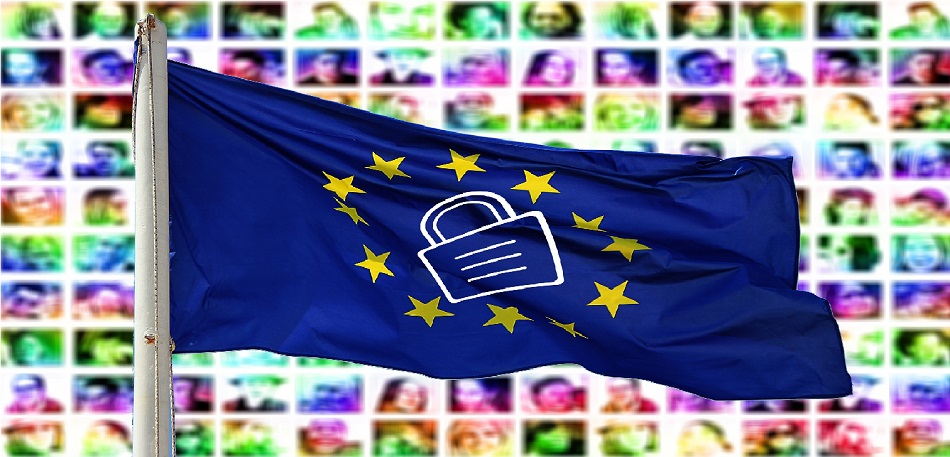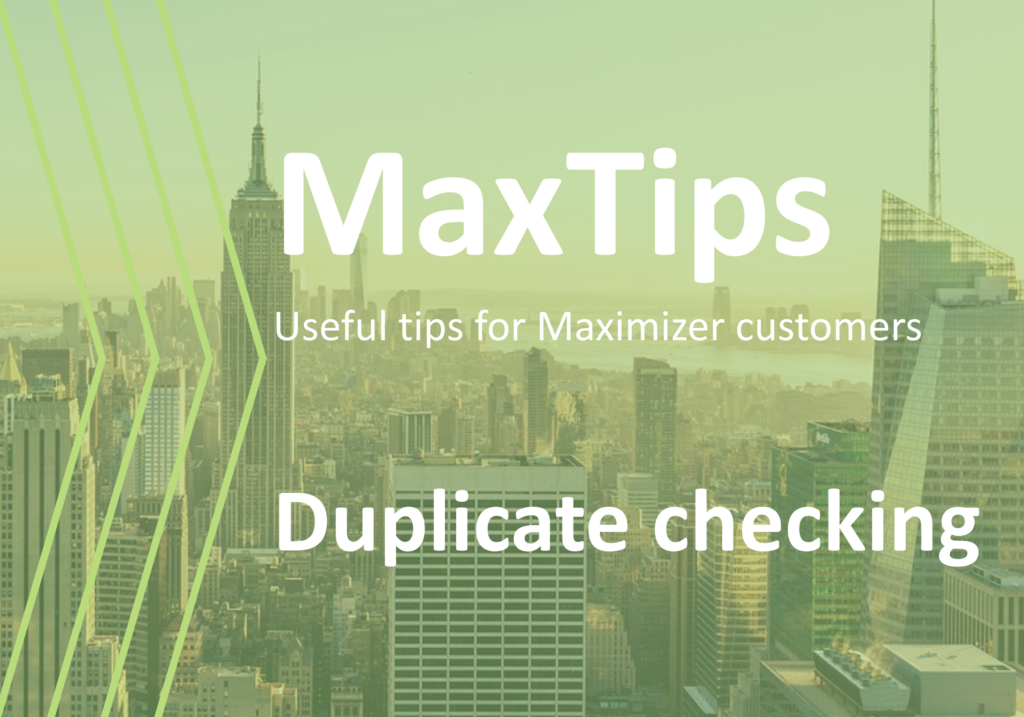3 changes to ensure your CRM system is GDPR compliant


One of the most sensitive data pipes in every big organisation is the CRM system, which typically contains all the confidential information of both the company and its clients. The new General Data Protection Regulation (GDPR) is a set of European privacy rules that are going to equip citizens with better control over their personal data and provide them with certainty that their information is being protected.
The new GDPR act is intended to give citizens insight into how their data is used and who has access to it. As a result, accumulation of data by companies will be only possible if an individual has been informed about it. If a company or clients’ data becomes threatened by an external influence, one also has the right to be notified within 72 hours. Here are three effective ways to make your CRM system more GDPR compliant:
- Obtain proper consent
Companies need to obtain proper consent from their audiences before collecting and using their data. If your CRM system helps you collect, organise and analyse customer data, it needs to be able to create GDPR compliant opt-in forms. There also needs to be an actual checkbox where clients actively confirm their consent that you use their data. It should explain clearly why you need the data and what you plan to use it for.
- Manage subscriptions
Under GDPR, your contacts also have the right to change or withdraw their consent after it has been given. An easy way to manage client subscriptions is with the subscription management features in your CRM system. Email messages should include options to un/subscribe and manage their subscription, taking individuals to a portal where they can de/select what kind of marketing content they want to receive.
- Use the data management features in your CRM system
When evaluating the valuable data that your company has, it is imperative to record where the data came from, your legal basis for having it and what it will be used for. Create rules or user-defined fields in your CRM system to collectively update your records. Your CRM software should also have features that make it possible to quickly export contact data when clients request access to their data.
The new GDPR laws have had a huge impact on how companies collect data and use it within their CRM system. Make sure that whatever CRM system you use it has a system for recording consent, when and how it was received, and any updates that are made to consent information. You should be able to see and verify that consent was obtained for individual contacts in your database. In order to gain GDPR compliance, you’ll likely need to make a lot of changes to your contact database. A CRM system with the right data management features can help you save a lot of time in this process.



